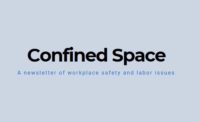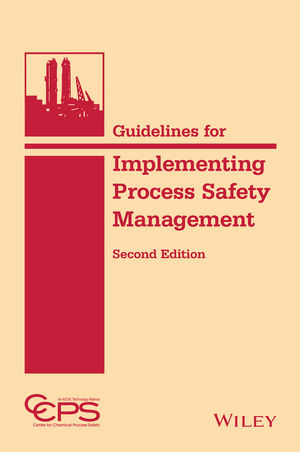A Confined Space blog post
Who is responsible for worker safety?
Posted with permission from Confined Space, a newsletter of workplace safety and labor issues.
One of the free services we provide here at Confined Space world headquarters is helping journalists write better articles. Here we have a news outlet doing the right thing: “News4 I-Team’s Lindsay Bramson started watching construction sites after learning 12 construction workers have died in the past two years.”
And, not surprisingly, finding some serious problems that they brought to the attention of Tennesse OSHA (TOSHA).
The problem is that someone reading only the headline and the first couple of paragraphs of this article might get the wrong idea — that workers are solely responsible for their own safety on the job.
Headline: “Construction workers caught violating safety rules at sites in Nashville”
And then this:
Well actually, a construction employer was caught violating safety rules. And the workers didn’t put themselves in a dangerous situation, their employer put them in a dangerous situation.
But in Hawkins’ defense, I’m pretty sure that was not an accurate summary of what he said. I say this partly because I know Steve Hawkins and safety-wise, he gets it. And I say this because Hawkins’ later quotes in the article and on the video are closer to the mark. Hawkins later states that “both men working on this site at 11th and Charlotte Avenue should have been wearing harnesses.”
And then we find that “News4 cameras also caught a man TOSHA believes is a supervisor standing near the edge of the building at a construction site in Green Hills off of Crestmoor Drive — also without proper fall protection.”
And this:
Well, more precisely, TOSHA is also an enforcement agency, although given the political orientation of the Tennessee state government, he may not want to emphasize that aspect of his job too much.
And this:
Now technically, Hawkins is right. The employer is responsible for keeping workers safe. TOSHA’s job is to make sure that employers are complying with the laws designed to keep workers safe. Could the state be doing more to make sure employers are in compliance, and should the state be doing more to make sure that scared workers are not fired or retaliated against for speaking up?
Definitely. But Tennessee, like every other state plan state, as well as federal OSHA, isn’t anywhere close to being funded to oversee more than a small number of the workplaces under their authority. Ensuring that workers — especially immigrant workers — aren’t afraid to speak up to their employers, or to OSHA is more challenging. That not only takes staff that can relate to workers, but also close work with their communities and with public interest groups that have a better working relationship with immigrant communities than OSHA does.
Lesson:
- Read critically
- Read beyond the headlines and first few paragraphs
- Educate your local reporters.
Click here to visit Confined Space.
Looking for a reprint of this article?
From high-res PDFs to custom plaques, order your copy today!








